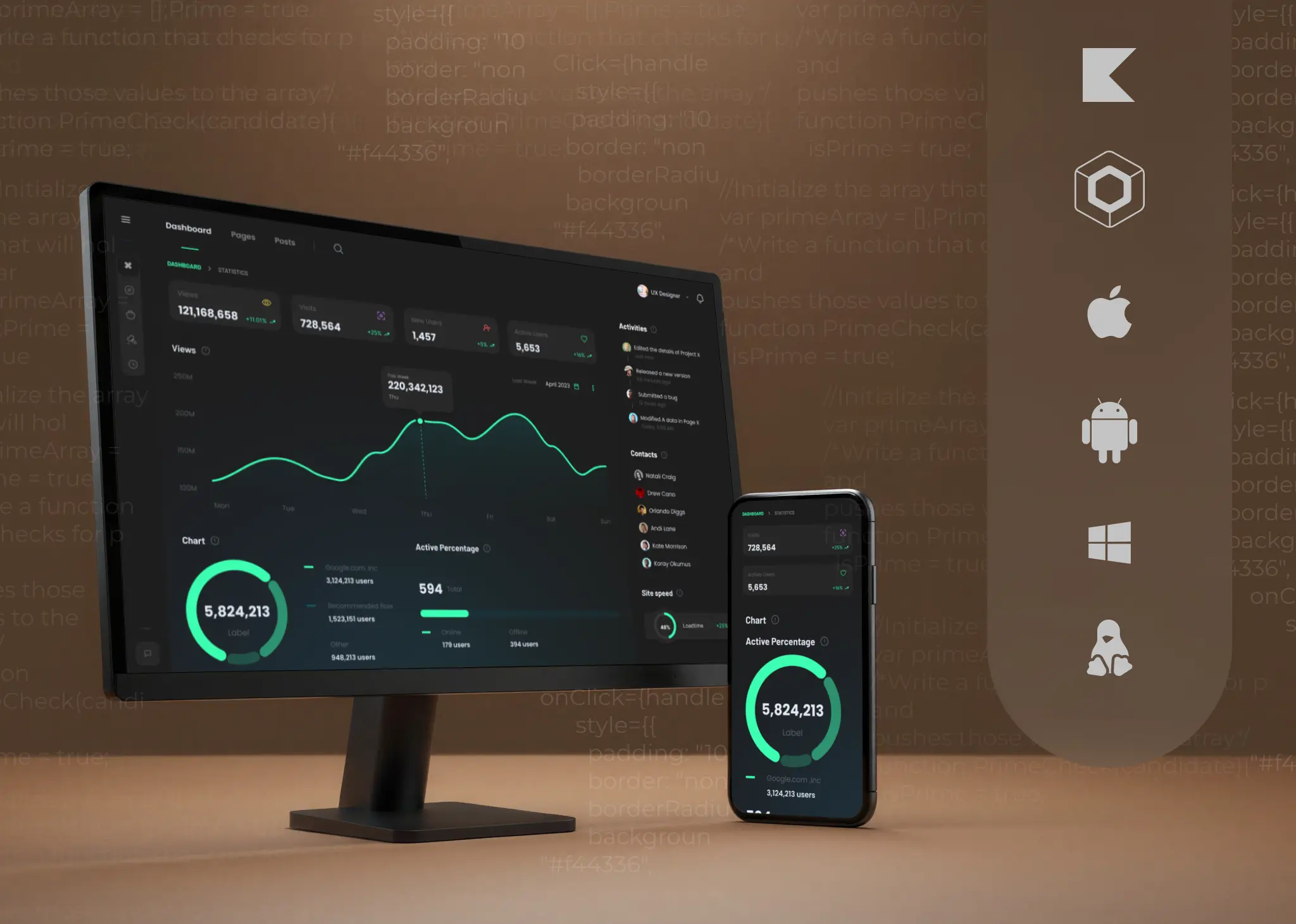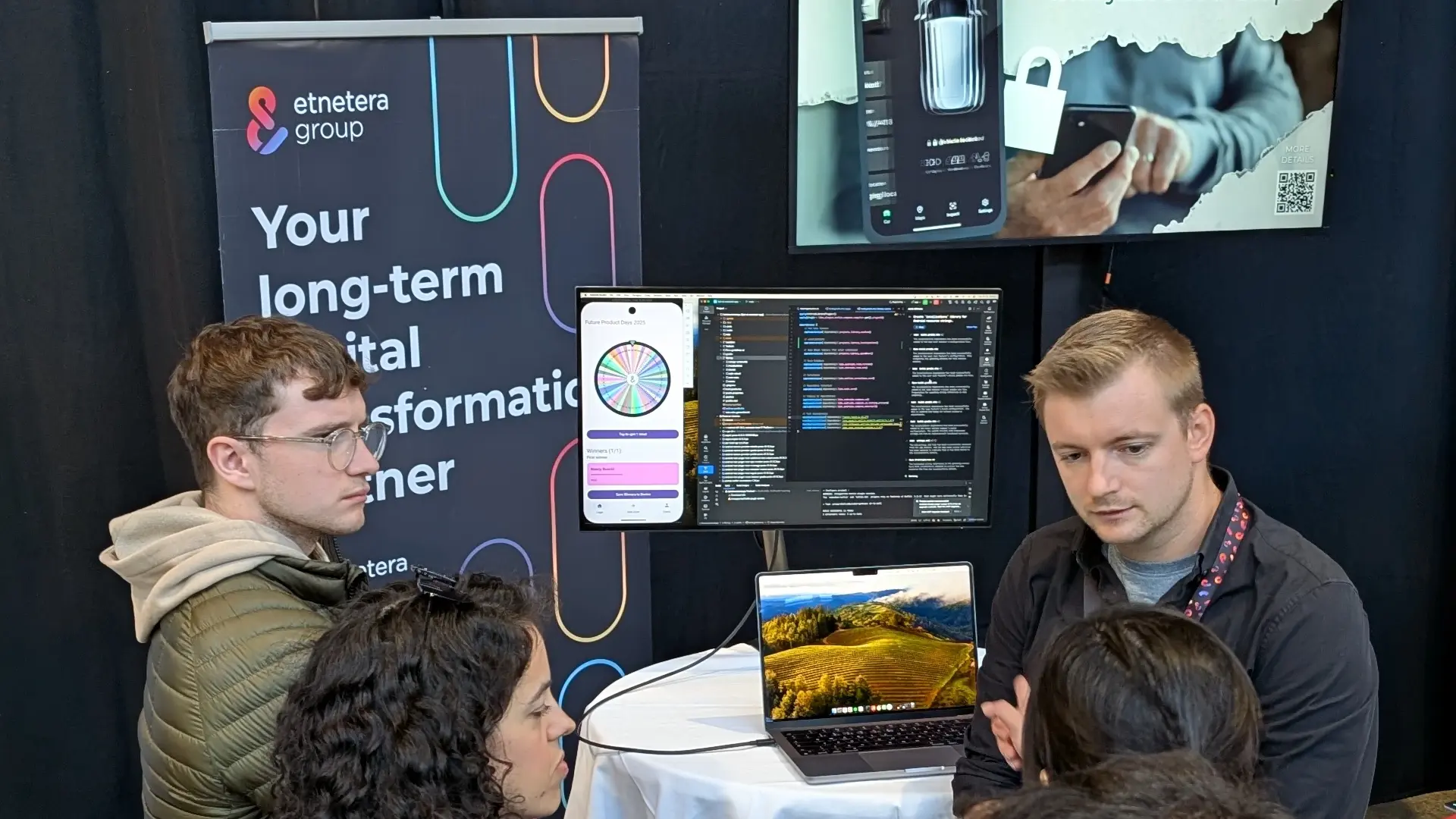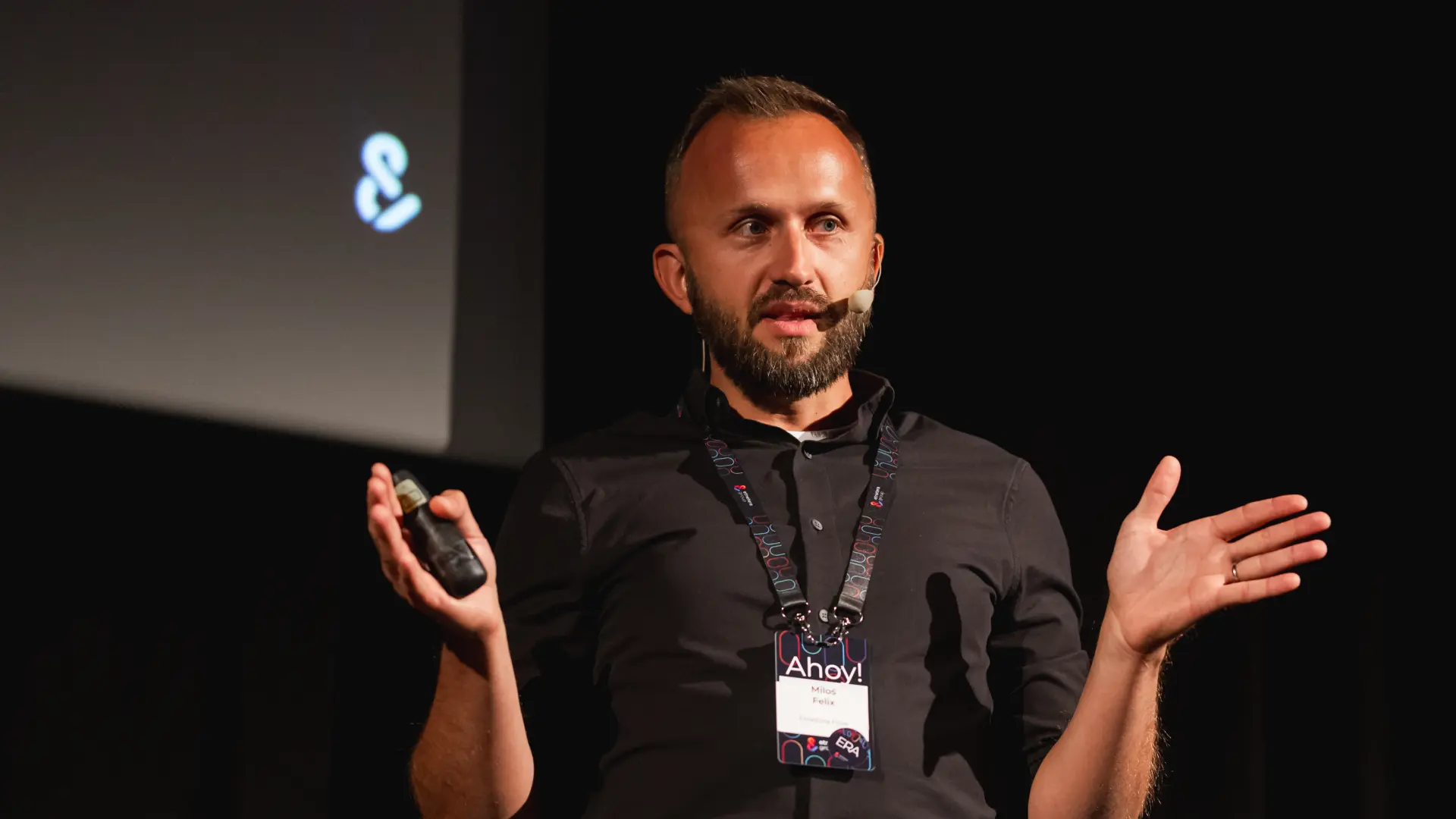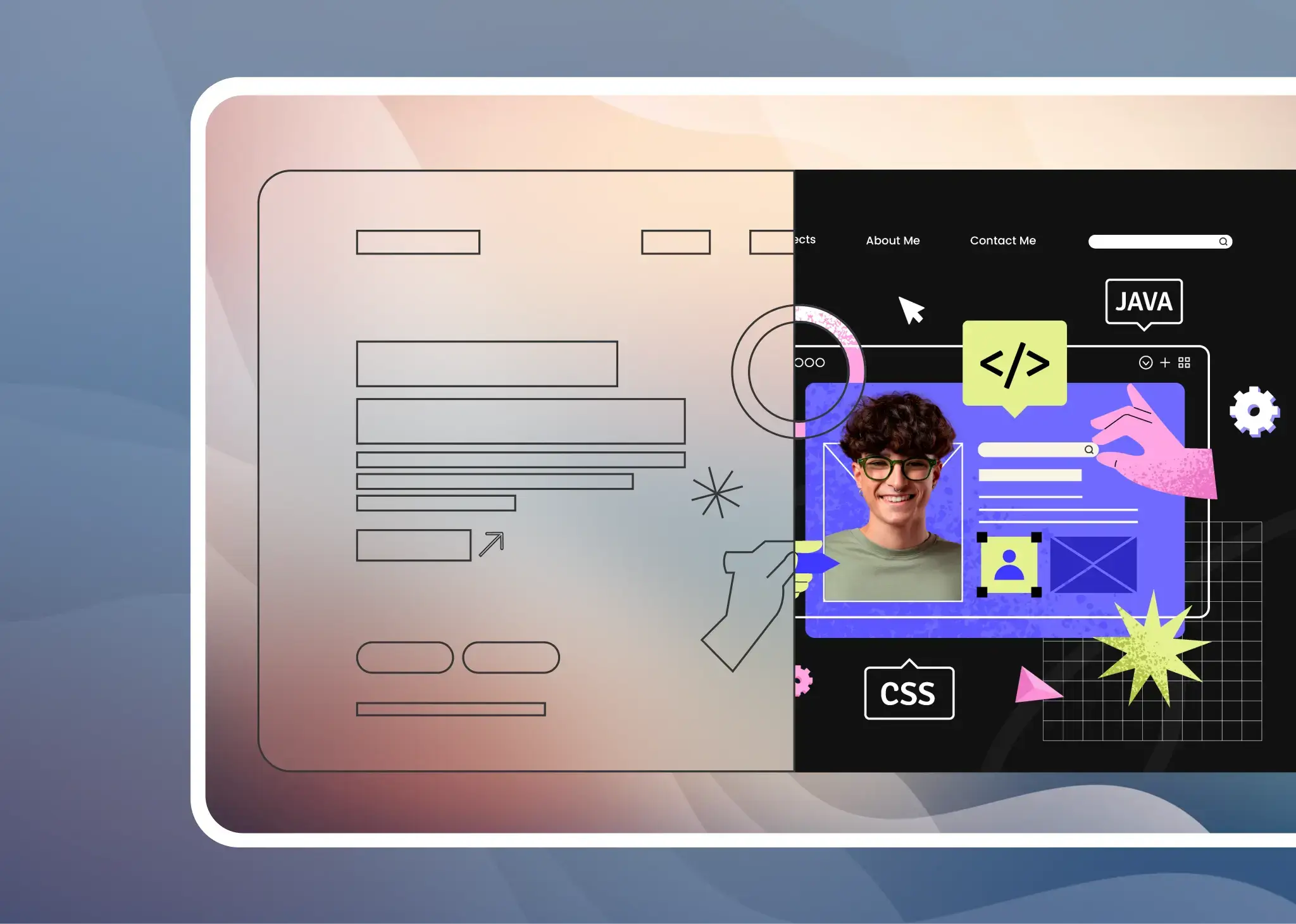The collection of data and the personalisation of the content offered is meeting with success not only in the waters of the Internet, but also in the personal approach to clients. The ability to give a precisely specified offer, enriched with interactive elements, saves the salesperson effort and the customer valuable time. What can such an application look like in real life? Let's take a closer look.
The whole process of creating a personalised offer is assisted by three main tools that reflect the specifics of each phase of its creation. In the first one, the most widely used is a tablet PC app for data collection, which allows the salesperson to efficiently record the customer's needs. The process itself can take several forms - a free conversation with the salesperson or a tour of individual services with continuous recording on the tablet PC, a "secret form" where information can be entered into the tablet PC with hidden gestures, or, on the contrary, an open form where the customer knows about the recording.
At the end of the interaction, the salesperson has the opportunity to review the collected data, modify it, and, as the case may be, add more, including addressing the client, contact details of an important person in the company, visual supporting materials such as sketches, a map, a draft contract or another file. Before submission, the client gets the opportunity to visually check the form in which the offer reaches the client. However, even after the final submission, the salesperson still has the opportunity to access the offer through a unique ID or list of saved offers and modify the data later.
To display the personalised offer, the client uses a simple web application, which can be accessed using the URL or QR code and the access password. The customer can then view it at their leisure anywhere, for example from the comfort of their own home.
And not only that.
The entire design can be enriched with video, audio tracks and interactive elements in the form of calculators or sliders. This is a much more user-friendly and attractive way than the classic PDF file, although the ability to export to this format has been preserved. At the same time, the salesperson is able to track the customer's movement through the offer and further analyse their behaviour.
Skoda Auto uses a similar principle in its dealer network. To present their exhibited cars, they use interactive panels with a QR code, which the customer can use to view the offer of a particular car.
The last part of the solution is the administration console, where all logic related to the creation of the offer is set - fields for dropdown lists to the tablet PC application, logic of calculators and their default values, multimedia material in attachments, user access, administration of the offer database and much more. By combining these applications, the salesperson gets a robust tool for creating interesting offers which will never lack the essential, recurrent information.
"Product personalisation is no longer enough to win clients, but personalised offers of products and services are starting to proliferate, following the example of online marketing. These are even more precise than online marketing, which reaches people based on demographic characteristics."
- Martin Palička, CEO of Etnetera and Chairman of the Board of Directors of Etnetera Group
ŠKODA AUTO's practice in the UK is proof that the future of the offers is likely to go in this direction. There, every customer receives a personalised presentation of the products they are interested in after visiting the showroom.







.webp)

.svg)
.webp)

.webp)




.jpg)
.jpg)
.png)
.avif)

.avif)



























